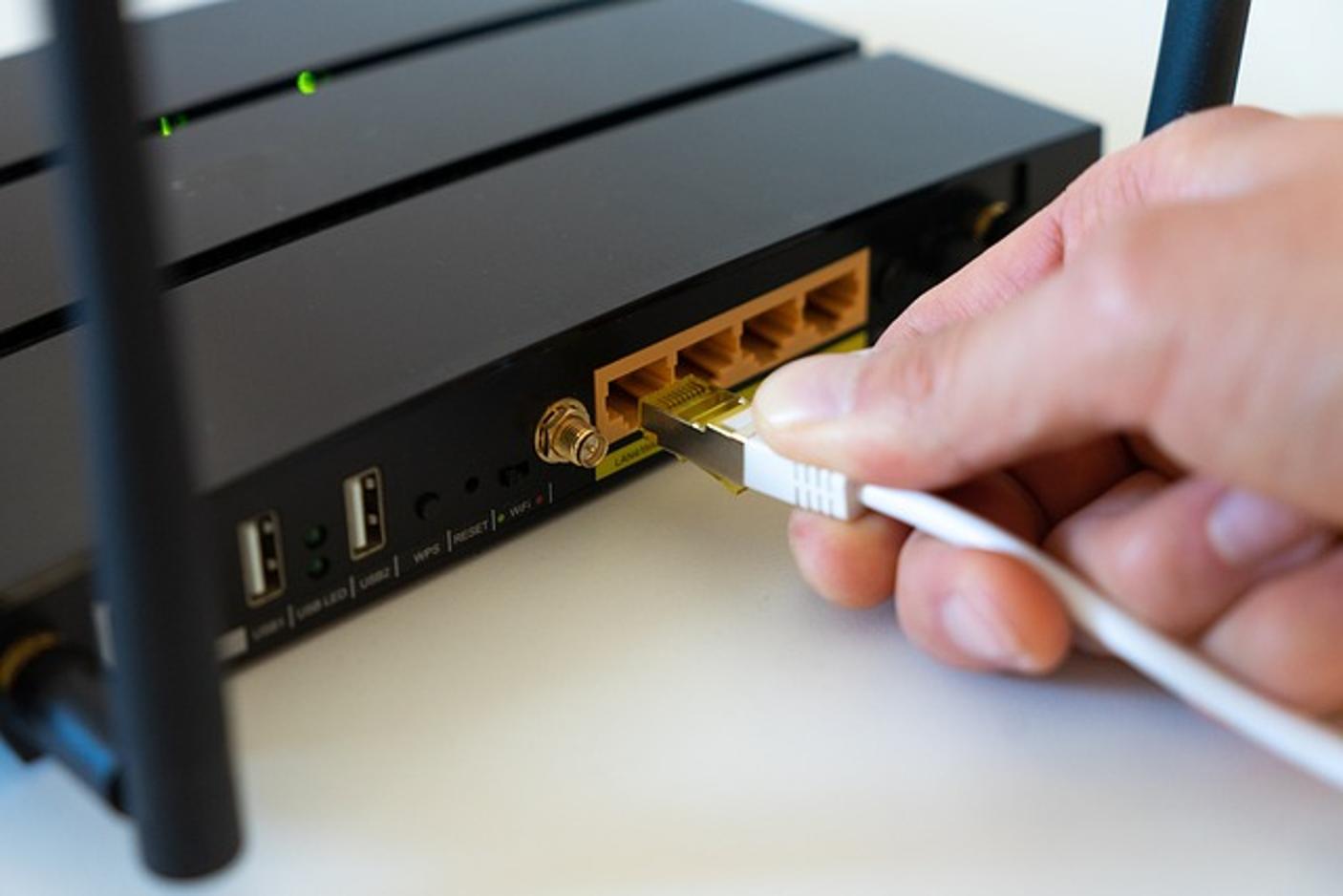What is the Effect of Using the Router?
Introduction
A router plays a quintessential role in modern digital ecosystems—whether in homes or offices. Not merely a conduit for internet connectivity, a router significantly influences multiple facets of a network's performance. From accelerating internet speeds to bolstering cybersecurity, routers are pivotal in shaping your online experience. Let's delve into the mechanics of routers, their impact on performance, and how to choose one that perfectly aligns with your needs.

What is a Router and How Does it Work?
A router is a hardware device that routes data from a local network to other networks, ensuring the data packets reach their intended destinations. It acts as a dispatcher, directing network traffic effectively. When you connect multiple devices to a router—like smartphones, laptops, and smart home appliances—it manages the traffic between them and the internet. The router employs IP addresses to determine the most efficient pathway for data transfer, optimizing network performance and reducing bottlenecks.
Performance Improvement through Routers
Speed and Latency Reduction
One of the most immediate benefits of using a router is the enhancement in speed and reduction in latency. Higher-end routers come equipped with advanced features such as dual-band or tri-band capabilities, which can segregate different types of network traffic. This process minimizes interference and maximizes speed, ensuring that your high-definition video streaming or critical business conferencing runs smoothly.
Network Efficiency
Routers also streamline network efficiency. A good router optimizes bandwidth and resource allocation, which allows multiple devices to connect seamlessly without degrading performance. Features like Quality of Service (QoS) can prioritize traffic for specific applications or devices, ensuring optimal performance where it's needed most. This is particularly useful in environments where multiple devices are connected simultaneously.
Enhancing Network Security with Routers
Firewalls and Encryption
Routers play a crucial role in fortifying network security. They often come with built-in firewalls that protect against malicious attacks. These devices also employ encryption protocols such as WPA3 to ensure that the data travelling across your network remains secure. Such robust security measures are paramount in safeguarding sensitive information, making routers an indispensable tool for online security.
Parental Controls and Guest Networks
Modern routers offer features like parental controls and guest networks to enhance security further. Parental controls allow you to restrict access to inappropriate content, ensuring a safe browsing environment for children. Guest networks, on the other hand, provide a separate, temporary connection for visitors, thereby protecting your main network from potential vulnerabilities.

Impact on Home and Office Networks
Device Connectivity and Management
Routers manage multiple devices connected to a single network, ensuring that each device receives the required bandwidth for smooth operation. This is essential in both home and office settings where various gadgets need a reliable internet connection to function efficiently. From smart TVs and gaming consoles at home to multiple computers and VoIP phones in an office, a good router maintains seamless connectivity.
Scalability for Different Users
Whether it's for a bustling household or a dynamic office environment, routers offer scalability. High-performance routers are designed to accommodate increasing numbers of devices and users without compromising on speed or reliability. This scalability ensures that your network can grow along with your needs, adapting to new devices and bandwidth demands effortlessly.
Choosing the Right Router for Your Needs
Key Features to Look For
When selecting a router, there are several key features to consider:
- Speed Ratings: Opt for routers with higher Mbps ratings for better speed.
- Band Options: Dual-band or tri-band routers offer more bandwidth.
- Security Features: Look for WPA3 encryption and built-in firewalls.
- Additional Features: Parental controls, guest networks, and QoS settings can add immense value.
Comparing Different Models
It’s essential to compare different router models to make an informed decision. Look at user reviews, technical specifications, and brand reputations to assess what each model offers. Comparing these elements will help you choose a router that meets your performance and security needs most effectively.

Optimizing and Troubleshooting Your Router
Proper Placement and Configuration
Proper placement of the router can significantly influence network performance. Position your router in a central location, elevated and free of obstructions, to maximize signal distribution. Additionally, configuring your router via its admin panel to optimize settings like channel selection and QoS can considerably enhance performance.
Common Issues and Fixes
Routers can occasionally experience issues such as slow speeds or intermittent connectivity. Here are some common fixes:
- Reboot the Router: Simple yet effective.
- Update Firmware: Ensures your router has the latest enhancements.
- Check for Interference: Minimize electronic interference by relocating the router.
Future Trends in Router Technology
Mesh Networking
Mesh networking is gaining popularity due to its ability to provide seamless Wi-Fi coverage over larger areas. In a mesh setup, multiple nodes work together to ensure a consistent and strong network presence across the entire space. This is particularly beneficial for larger homes or office spaces where a traditional single router may fall short.
Wi-Fi 6 and Emerging Standards
Wi-Fi 6, the latest standard in wireless networking, promises faster speeds, greater capacity, and reduced latency. This new standard is especially advantageous for environments with a high density of connected devices, making it a promising trend to watch.
Conclusion
Routers are much more than simple networking devices. They enhance performance, boost security, and provide the scalability needed for modern home and office environments. Investing in the right router and optimizing its settings can yield significant benefits.
Frequently Asked Questions
How does a router affect my internet speed?
A router can significantly enhance your internet speed by managing and optimizing traffic flow, reducing latency, and maximizing bandwidth allocation.
Can configuring my router improve security?
Absolutely. Configuring features like WPA3 encryption and firewall settings can substantially improve network security.
What are the benefits of upgrading to a new router?
Upgrading to a new router brings better speed, improved security features, and advanced technologies such as Wi-Fi 6, ensuring a more robust and efficient network experience.



